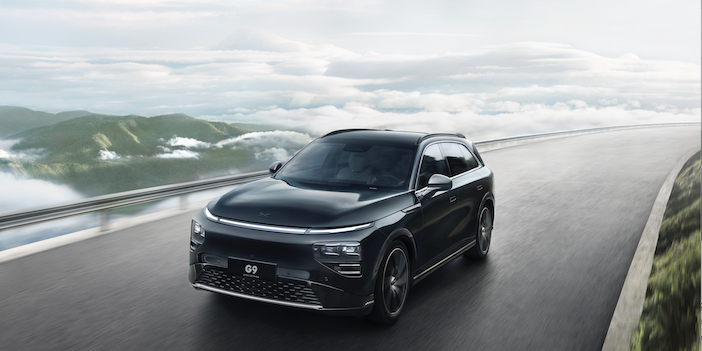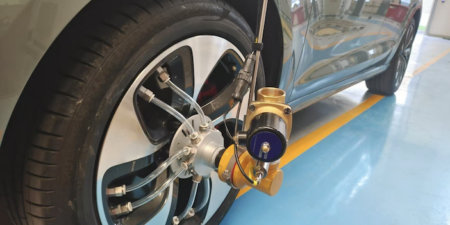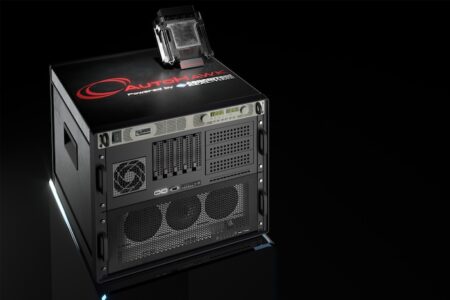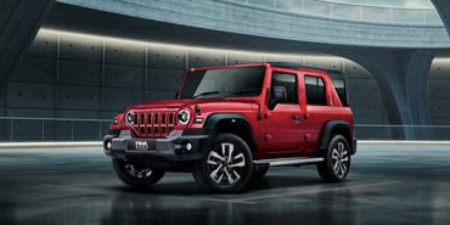The weight of fully electric SUVs creates challenges for many aspects of automotive engineering, including the need to maximise efficiency for vehicle range, and the need to protect the high-voltage battery. Air suspensions can help address these challenges, and Chinese OEM, XPENG, has brought in the technology for its G9 battery electric vehicle (BEV).
XPENG has worked with Vibracoustic, a specialist in NVH and passenger vehicle air spring solutions, for the design, development and manufacture of two-chamber front- and rear-axle systems for the G9, a large electric SUV. XPENG is the first Chinese OEM customer and vehicle programme to adopt this ride technology from Vibracoustic, and the OEM’s engineering team worked with engineers at the Vibracoustic Air Spring TechCenter in Hamburg during the development.
The switchable air springs are designed to allow for greater flexibility and increased comfort, keeping the vehicle at a constant level, regardless of load. The springs can also improve aerodynamics by lowering the car at higher speeds.
The two-chamber air springs found in the G9 enable effective roll stabilisation, and the two stiffness levels offer a more dynamic or a more comfortable mode. For BEVs like the G9, the springs can also optimise airflow under the car for passive battery cooling, and maintain a minimum ground clearance for battery protection.
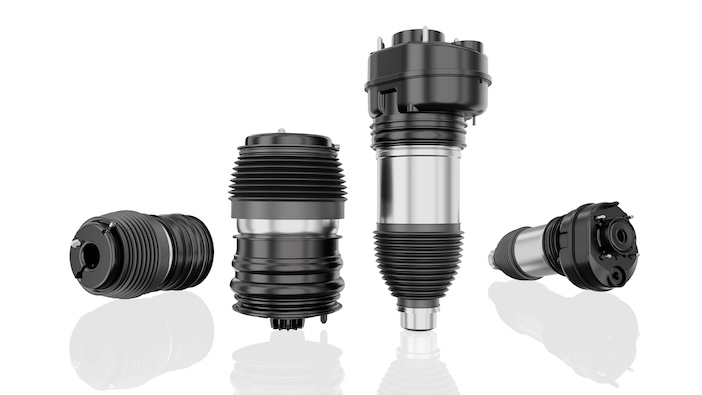
Vibracoustic says the springs can also provide customers with the ability to easily modify compression and rebound response rates to suit vehicle and terrain conditions and fine-tune driving dynamics and comfort characteristics of the vehicle.
The system in the G9 was designed, developed and manufactured in Hamburg using a hot-gas welding process. The process enables weight reduction of the ‘top pot’, of up to 30%, as well as more efficient packaging within the suspension volume – an important consideration for BEVs with large batteries.
Vibracoustic also provided the rear jounce bumpers for the G9, which sit directly on top of the air spring. The jounce bumpers absorb energy from irregular road events like bumps or potholes. They were manufactured locally to XPENG, at Vibracoustic’s plant in Wuxi, China.


